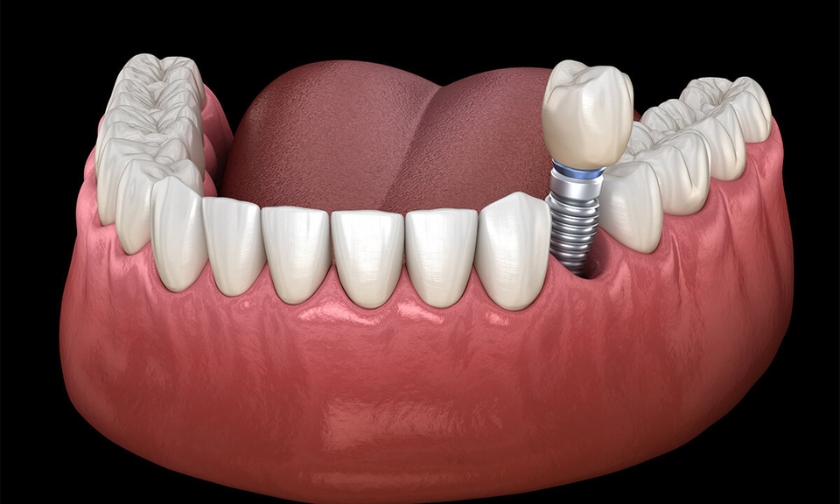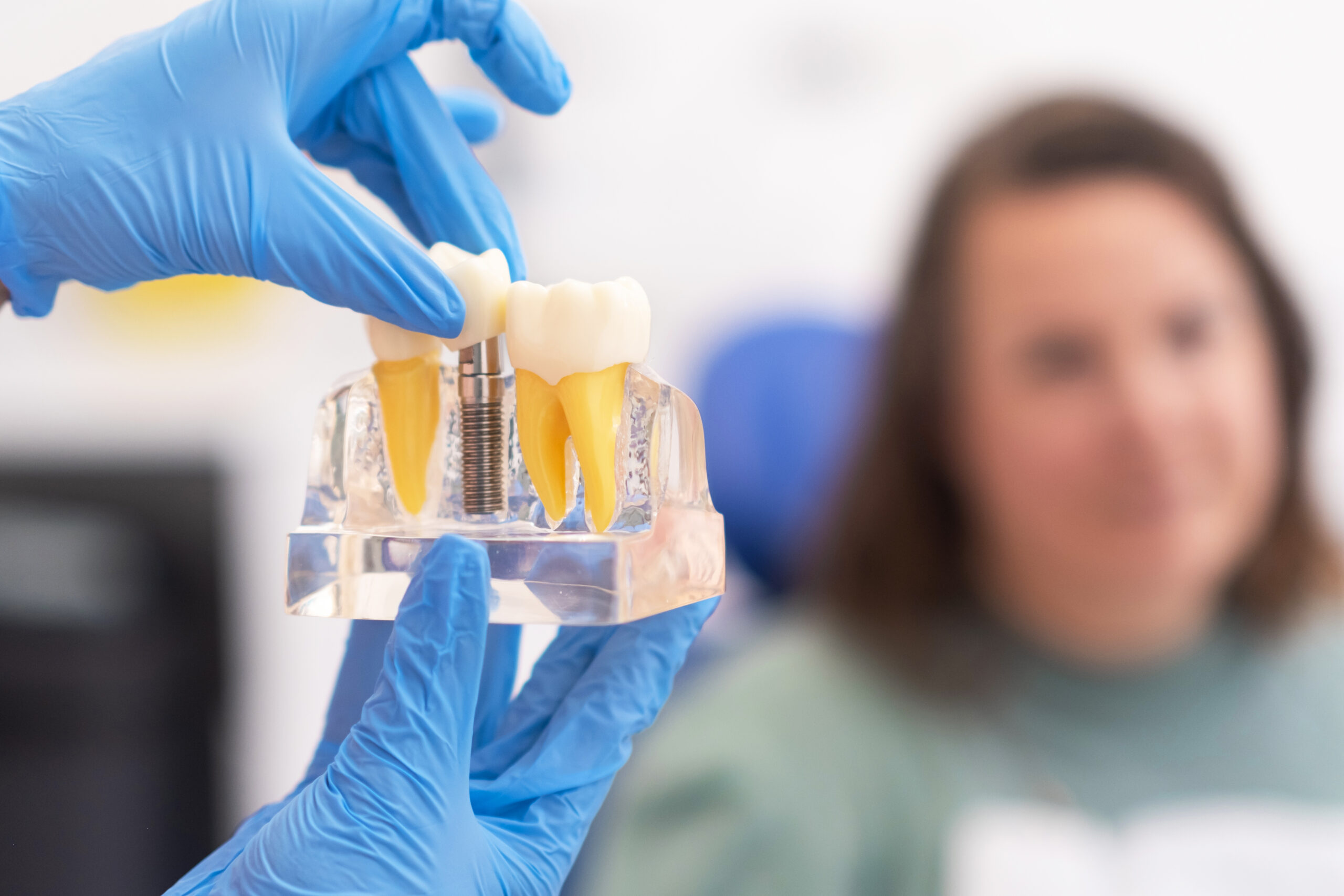Alameda Aesthetic Dentistry
How Much Pain Can I Expect from Dental Implant Surgery?

Are you searching for the solution to cover up your missing tooth? Dental implants could assist you in doing that with a natural appearance and sensation. Yet, you may be reluctant due to the fear of the pain caused by this treatment. Dispelling the myths can make you look after your oral health better.
Read this blog to learn how much pain you can expect from this particular dental surgery.
Dental Implant Surgery: What’s Actually Happening?
Modern dental technologies have made this procedure easy and painless. It’s a carefully planned procedure where a titanium post is placed into your jawbone to act as a sturdy root for a new tooth. Here are the steps of this procedure
Local anesthesia is the hero here. You’ll be awake, but your mouth will be numb. The entire process is usually completed within a very short period of time.
Pain During the Procedure: What Will You Feel?
You might feel no pain during the actual dental implant surgery. Thanks to modern anesthesia and gentle techniques, you’re more likely to notice the vibration of dental tools than any sharp discomfort.
- You might feel some pushing or tugging, but not the pain that makes you grip the chair.
- If anxiety is running high, you can choose from different sedation options to help you relax even more.
- Communication is key. If you feel anything beyond mild pressure, let your dentist know right away.
The Aftermath: What Happens Once the Numbness Wears Off?
Scared of experiencing pain after the anesthesia wears off. Once the numbness fades, you’ll likely notice mild discomfort. Here is what you can expect;
- Mild to moderate soreness is common for the first few days.
- You can experience swelling and minor bruising, especially if the procedure was complex.
- Most of the time, the pain is manageable. You will feel a dull ache rather than a sharp sting.
Over-the-counter pain relievers can usually do the trick. The dentist might recommend alternating between ibuprofen and acetaminophen.
How Long Does the Pain Last?
You will experience the most discomfort within the first 48 hours after getting dental implants in Alameda surgery. After that, things tend to improve quickly.
- By day three, you can go back to your normal routines, just avoid hard or crunchy foods.
- After one week, the pain will go away completely. You still might experience occasional sensitivities.
- If pain lingers or worsens, reach out to a dental professional.
What Factors Influence Your Pain Experience?
Here are certain factors that can influence your pain experience:
- Complexity of the procedure: More dental implants or bone grafts can mean a bit more soreness.
- Your personal pain threshold: Some folks bounce back faster than others.
- Oral hygiene: Keeping the area clean speeds up healing and keeps pain at bay.
- Following aftercare instructions: This is your shortcut to a smooth recovery.
Tips for a Smoother, Less Painful Recovery
Here’s how to set yourself up for a comfortable healing journey after getting dental implants:
- Stick to soft foods like yogurt, smoothies, and mashed potatoes for the first few days.
- Use ice packs on your cheek to reduce swelling.
- Keep your head elevated while sleeping to minimize throbbing.
- Rinse gently with salt water to keep the area clean.
- Avoid smoking and alcohol. They slow down healing and can increase discomfort.
Why Dental Implants Are Worth the Short-Term Discomfort
A few days of soreness can lead to years of confident smiles, strong bites, and the freedom to eat what you love. Dental implants are designed to look and feel like natural teeth, and most people say the brief discomfort is a small price for the long-term benefits.
- No slipping or clicking like dentures.
- No need to drill into healthy teeth like with bridges.
- A permanent solution that can last for decades with good care.
Curiosity is the first step toward a healthier, more confident you. If you’re considering a dental implant and want to know exactly what to expect, see a dentist. They will answer all your questions and help you set realistic expectations.
Are you ready to replace your missing teeth? Schedule a consultation today!.

